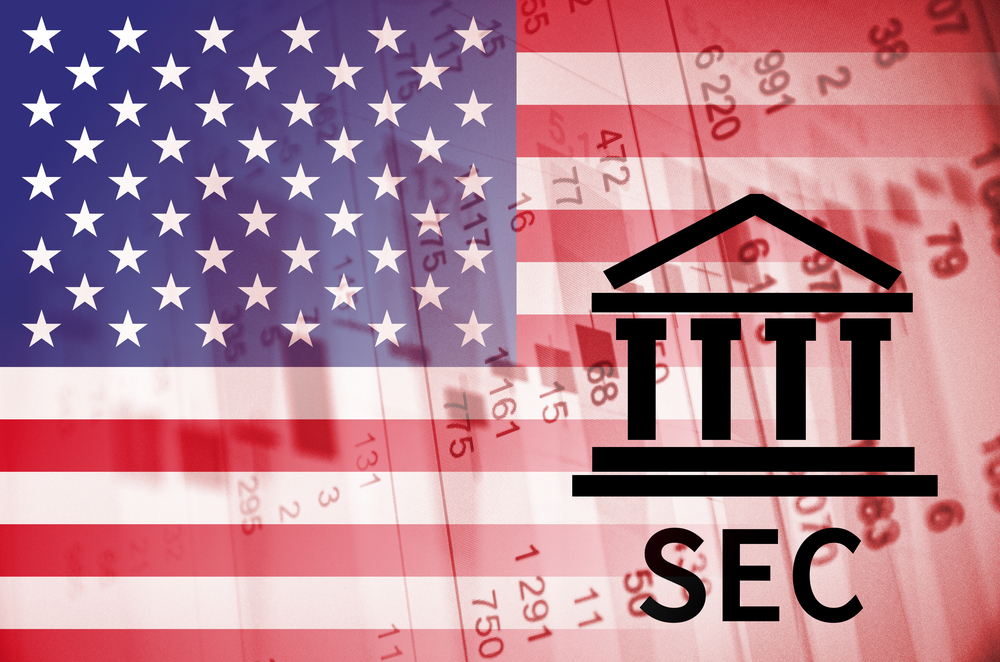On September 26, 2017, SEC Chairman Jay Clayton testified before the Senate’s Banking, Housing and Urban Affairs Committee regarding the direction of the SEC under his Chairmanship. He also took the opportunity to address the 2016 cyberattack on EDGAR, the agency’s electronic filing system.
As in his first public speech as SEC Chair, in July 2017, Chairman Clayton’s testimony reveals his focus on issues related to cybersecurity, capital formation, and enforcement actions addressing traditional forms of fraud and misconduct. His testimony further reveals his position that regulations should be retroactively evaluated and relaxed as necessary, in order to account for the direct and indirect costs of compliance.
Below are key highlights of Chairman Clayton’s testimony:









